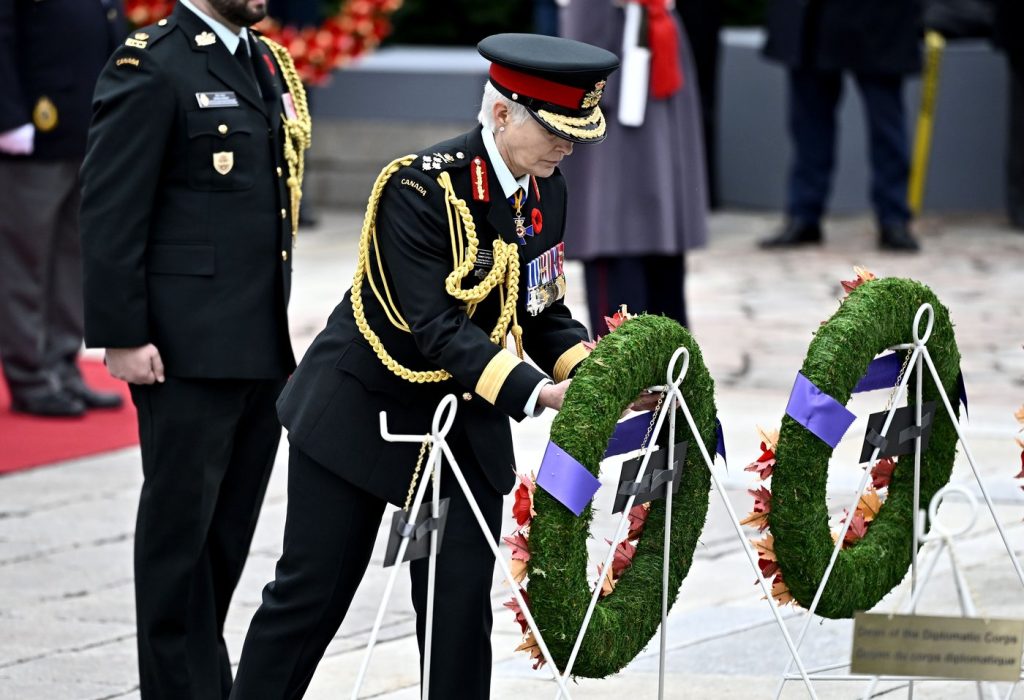Eighty years after the end of the Second World War — the deadliest conflict in human history — Canada prepares to honour a generation whose living members are now heartbreakingly few. Veterans Affairs Canada estimates that only 3,691 Canadian veterans of the Second World War remain alive today, including 667 women and 3,024 men. The number of surviving Korean War veterans stands at 1,909, with the department now tracking both groups separately for the first time.
“The events of the Second World War are very rapidly moving from the realm of lived history of people you can talk to into history, where you can’t talk to the people who remember them,” said Jeff Noakes, historian at the Canadian War Museum.
Their memories — from the chaos of D-Day’s beaches in Normandy to the struggles of rebuilding a life in post-war Canada — are slowly fading into history. Even those who were just children during the war are now well into their 80s, marking the end of a generation that lived through rationing, censorship, and internment under the War Measures Act.
To preserve their legacy, the Canadian War Museum has launched “Last Voices of the Second World War,” a special exhibition in Ottawa featuring recorded interviews with some of the few remaining veterans and their families. The exhibit runs until January 18 and offers visitors a deeply personal look into the courage and sacrifices that shaped modern Canada.
Between 1939 and 1945, more than 45,000 Canadian service members lost their lives, and over 55,000 were wounded while fighting Adolf Hitler’s Nazi regime. Their efforts not only secured freedom in Europe and the Pacific — ending on May 8 and August 15, 1945, respectively — but also helped define Canada’s identity on the global stage.
This Remembrance Day, Chief Justice Richard Wagner will preside over the national ceremony in Ottawa, stepping in for Governor General Mary Simon, who is recovering from a respiratory illness. Prime Minister Mark Carney, Chief of the Defence Staff Gen. Jennie Carignan, Veterans Affairs Minister Jill McKnight, and other dignitaries will also attend.
Nancy Payne, this year’s National Silver Cross Mother, will lay a wreath in honour of all Canadian mothers who have lost children to military service. Her son was killed in Afghanistan in 2006, a poignant reminder that the cost of service transcends generations.
Lieutenant-Colonel Carl Gauthier told the Senate during its remembrance ceremony that Canada’s military legacy extends beyond battlefields. “Our veterans have always been there for us and our neighbours — from floods in the Prairies, to storms in the Maritimes, rescues at sea, and humanitarian missions in Haiti,” he said.
This year also marks 25 years since the entombment of Canada’s Unknown Soldier — a silent symbol of the 118,000 Canadians who have given their lives in service to the nation.
As the nation bows its head in reflection, the words “Lest We Forget” carry even deeper meaning. With each passing year, fewer veterans remain to share their stories firsthand — leaving Canadians with a growing duty to remember them, and to carry their courage forward into the future.

